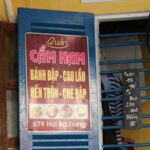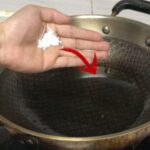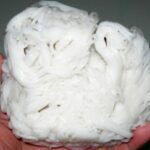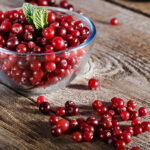There are certain foods that can increase the risk of miscarriage during pregnancy if consumed in large quantities. In this article, let’s explore the top foods that pregnant women should avoid to lower the chances of miscarriage.
1 Spicy and Pungent Herbs
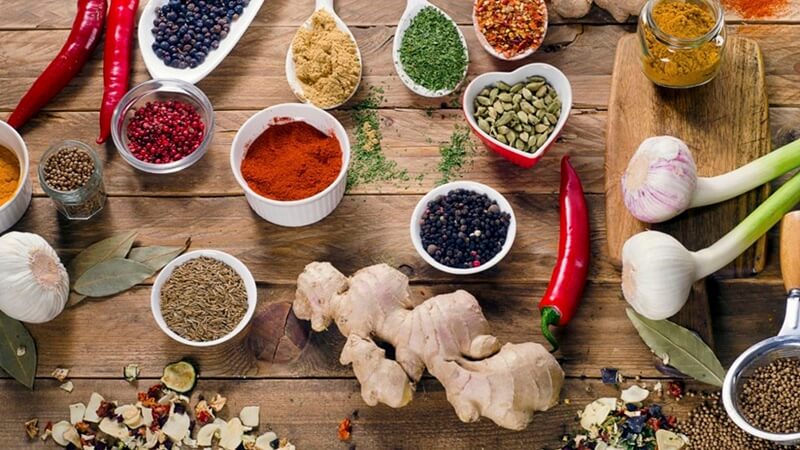 Spicy and Pungent Herbs
Spicy and Pungent Herbs
During pregnancy, it is advisable for mothers-to-be to reduce their intake of spicy foods and herbs such as chili, pepper, ginger, onion, and garlic. Excessive consumption of these foods can deplete the water content in the stomach and weaken the digestive system, leading to stomach pain, intestinal dryness, and constipation.
Constipation can be particularly harmful as it requires more effort during bowel movements, putting pressure on the abdomen and compressing the fetus in the uterus, potentially causing miscarriage, premature rupture of membranes, and preterm labor.
2 Stimulants
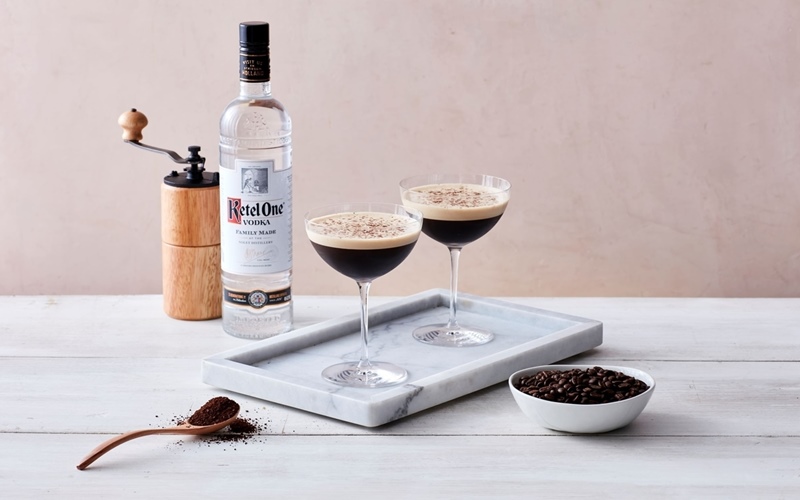 Stimulants
Stimulants
Substances that stimulate the nervous system, such as coffee, tea, alcohol, and tobacco, can cause excitement in the body. Overconsumption of these stimulants can lead to shortness of breath, headaches, and increased heart rate, all of which can negatively impact the development of the fetus and increase the risk of miscarriage.
3 Sweet Foods
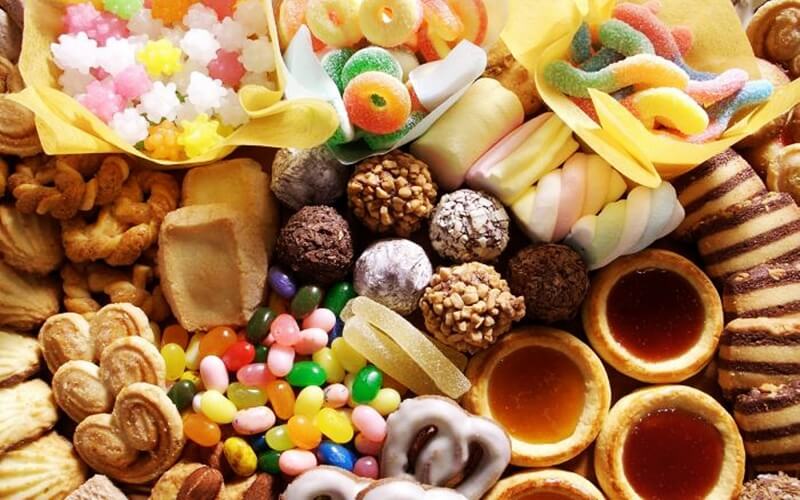 Sweet Foods
Sweet Foods
Consuming large amounts of sweet foods that contain sugar can enhance the body’s metabolism and deplete calcium levels. Calcium deficiency in pregnant women can affect the teeth and bones of the fetus and may even lead to miscarriage if the fetus does not receive the necessary amount of calcium for proper development.
4 Monosodium Glutamate (MSG)
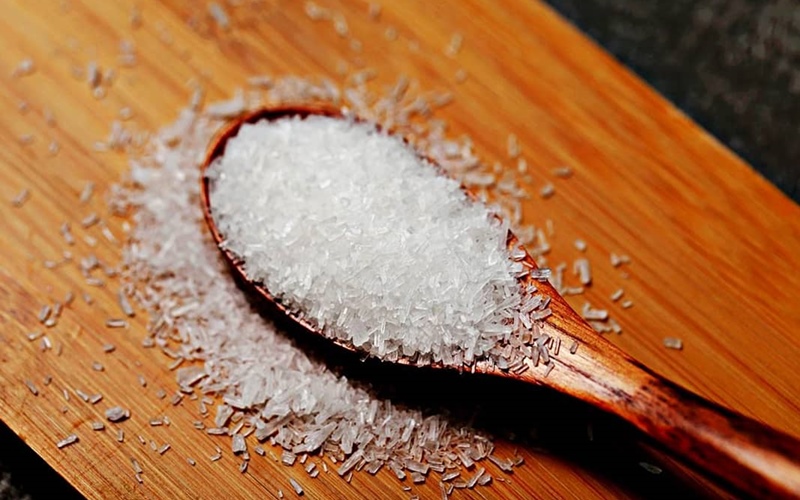 Monosodium Glutamate (MSG)
Monosodium Glutamate (MSG)
MSG, commonly found in processed foods, consists mainly of sodium glutamate, which combines with zinc in the blood and is excreted through urine. Excessive MSG intake during pregnancy can deplete zinc levels in the body and harm the nervous system of the fetus.
5 Longan
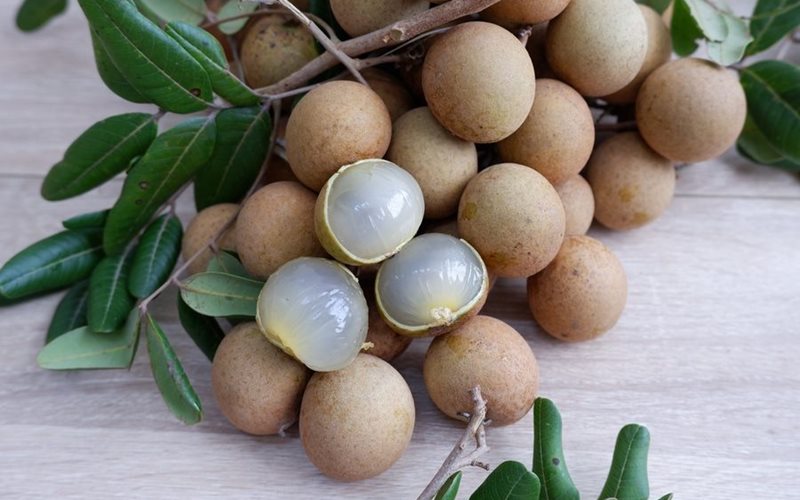 Longan
Longan
During pregnancy, women tend to lose a lot of yin and blood. Consuming too many longans can further heat up the body. Pregnant women should limit their intake of longans as they can cause constipation, abdominal pain, and even miscarriage.
6 Crab and Shrimp
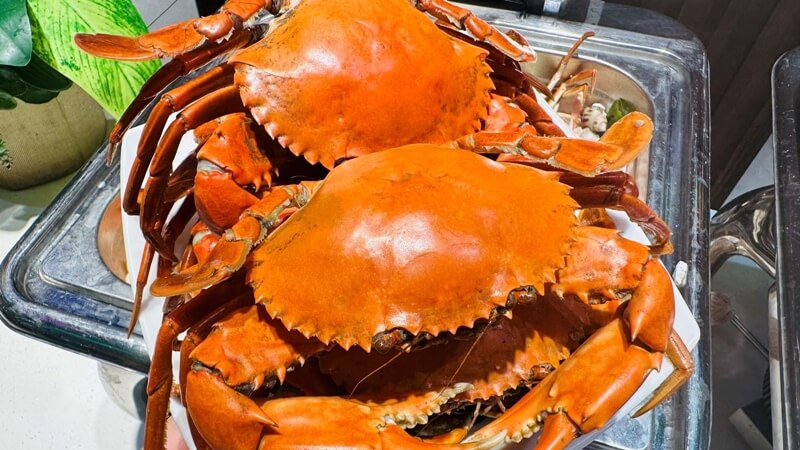 Crab and Shrimp
Crab and Shrimp
While crab and shrimp are delicious and nutritious, they have a strong cold nature. If pregnant women consume too much crab and shrimp, it can lead to an excess of yin energy, possibly resulting in uterine contractions, internal bleeding, and miscarriage.
7 Turtle and Soft-Shelled Turtle
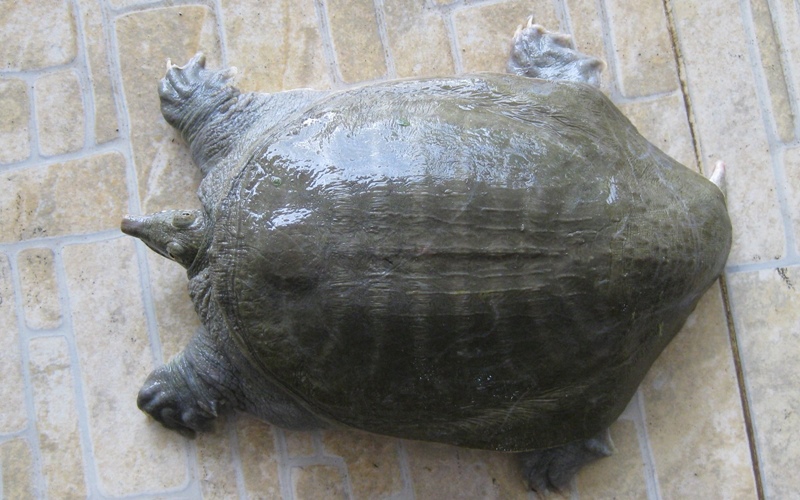 Turtle and Soft-Shelled Turtle
Turtle and Soft-Shelled Turtle
Turtle and soft-shelled turtle are considered nutritious and beneficial to health. However, for pregnant women, these foods should not be consumed regularly. Turtle and soft-shelled turtle meat have a cold nature and a salty taste, and excessive consumption during pregnancy can lead to poor digestion and affect the excretory system.
8 Job’s Tears
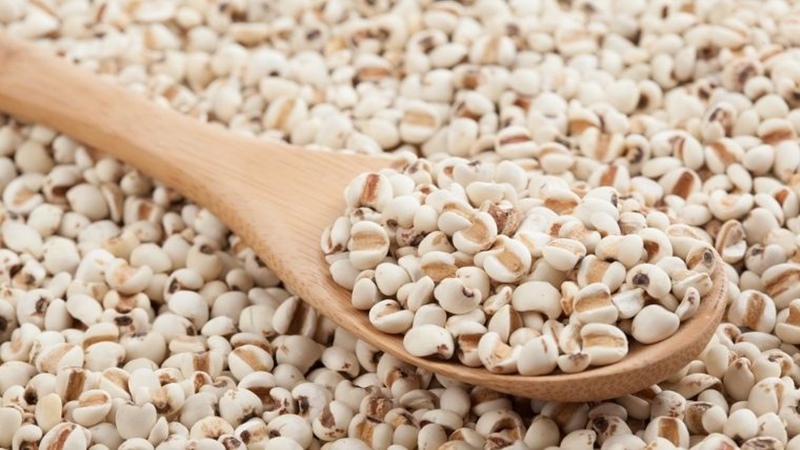 Job’s Tears
Job’s Tears
While Job’s tears can be consumed by the general population along with other yin-supplementing foods to provide necessary nutrients, pregnant women should avoid frequent consumption as it can lead to uterine contractions and increase the risk of miscarriage.
9 Portulaca
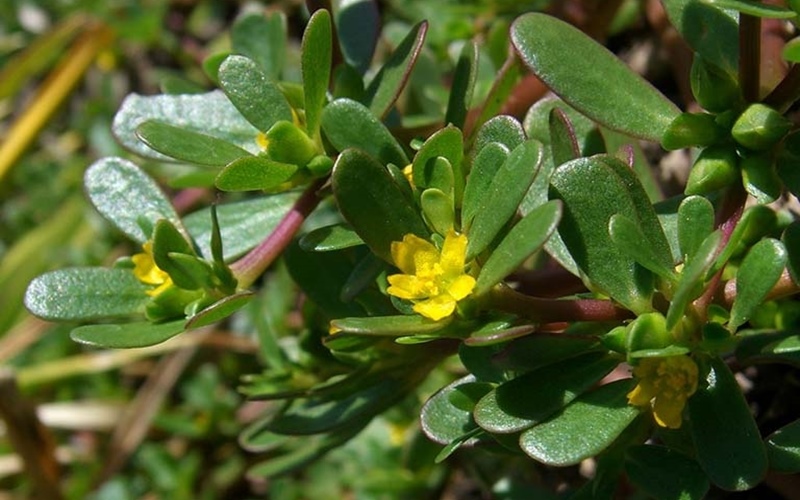 Portulaca
Portulaca
Health experts advise pregnant women to avoid portulaca during pregnancy as it can increase the risk of miscarriage if consumed in large quantities. Portulaca stimulates the uterus, and excessive consumption can easily lead to miscarriage.
10 Black Wood Ear
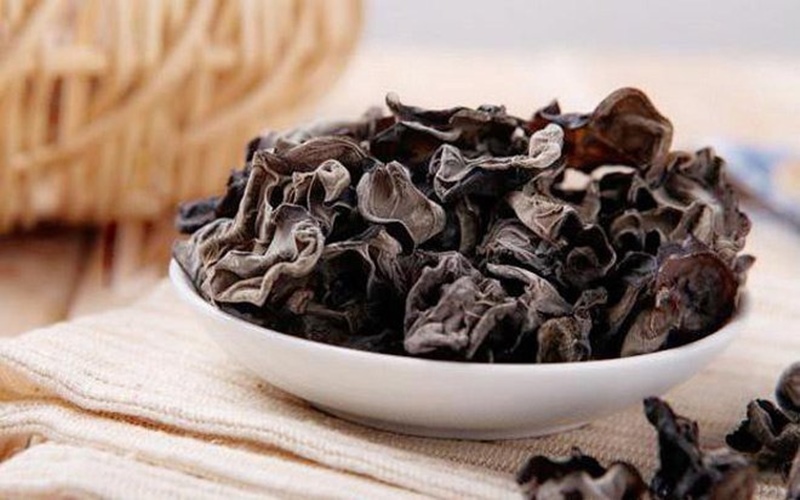 Black Wood Ear
Black Wood Ear
Black wood ear is known for its stomach-nourishing properties, but excessive consumption can harm the health of the fetus due to its blood-activating effects. Pregnant women should limit their intake of black wood ear to avoid any adverse effects on their bodies.
11 Peaches and Almonds
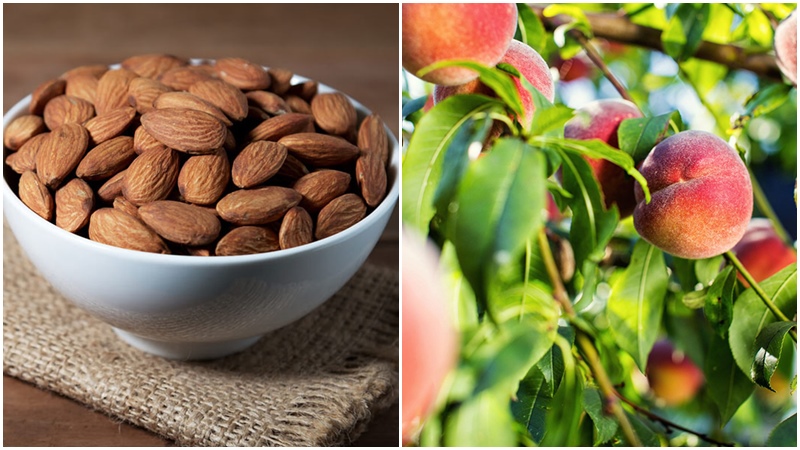 Peaches and Almonds
Peaches and Almonds
Peaches are sour and have a hot nature, which can affect the digestive and excretory systems. Excessive consumption can lead to an excess of yang energy in the body and cause symptoms such as bloating and constipation. Pregnant women should limit their intake of peaches and almonds to ensure the healthy development of the fetus.
In conclusion, these are the top 11 foods that pregnant women should avoid to lower the risk of miscarriage. By being mindful of these foods, you can take proactive steps to ensure your health and the well-being of your unborn child during pregnancy.
Source: marrybaby.vn
The Ultimate Guide to Indulging in Hoi An’s Delights: 6 Mouth-watering Spots for the Authentic Banh Dap Experience
Banh Dap is a must-try delicacy when visiting Hoi An. This traditional Vietnamese dish is a local favorite and today we will be exploring the top 6 best Banh Dap eateries in the ancient town. Get ready for a culinary adventure as we uncover the ultimate spots to indulge in this unique and mouthwatering treat!
The Secret to Detecting Chemically-Enhanced Noodles Lies in a Few Drops of This Magic Fish Sauce
Introducing a unique and effective way to identify clean and chemical-free rice noodles. While we often rely on visual cues to determine the quality of rice noodles, there is a clever trick that utilizes fish sauce. This simple yet ingenious method will revolutionize the way we assess the freshness and safety of our favorite delicacy.

























